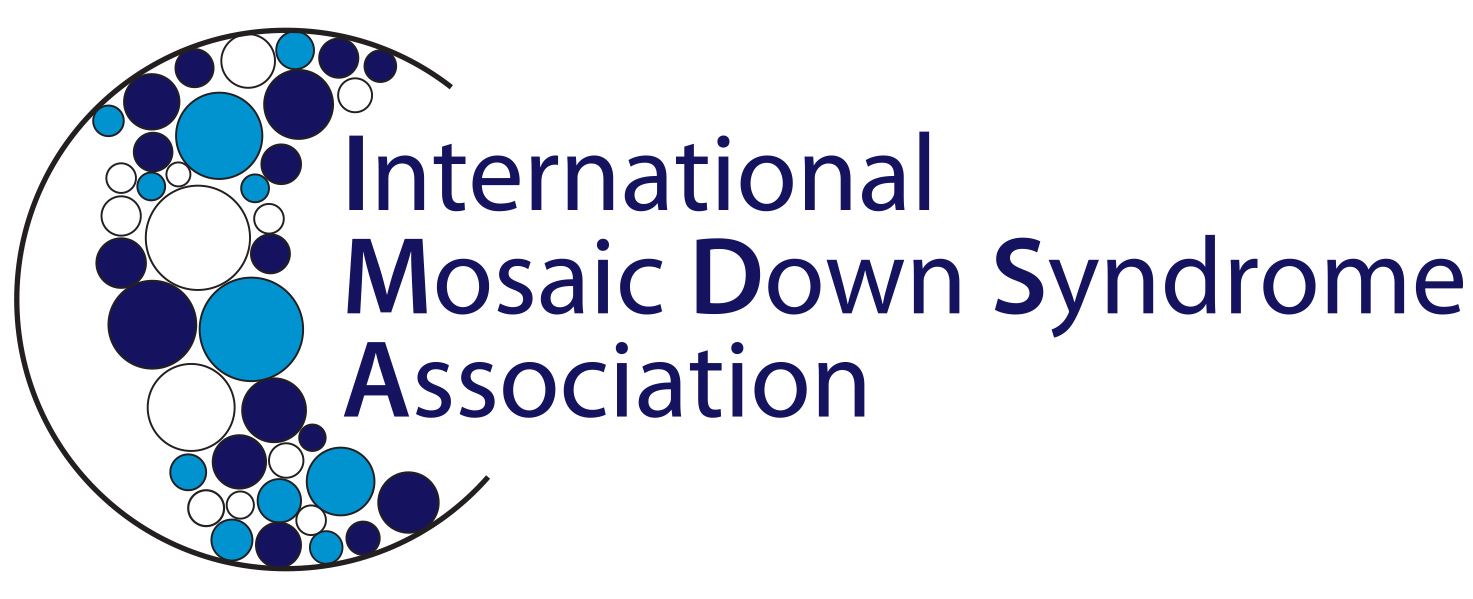William Safire in his LEND ME YOUR EARS does not purport how to tell the noivce speaker how to step up to the podium and knock em dead with a fluid barrage of words. Instead, his goal is more modest, to figure out why some speeches have reverberated through the acoustic corridors of history while others have fizzled out with nary an echo to record their passing. Surprisingly enough, he acknowledges that a magnificent speaking voice can not turn verbal mush into thrilling oratory. No one knows what Abe Lincoln truly sounded like, but we honor his Gettysburg Address as a sublime example of stirring words. What Safire does is to give the reader a sort of ten commandents that the great speakers of the past must have followed. Ironically, this list is not something that one can examine, nor can compare to what the speaker brings to the podium to exclaim,'Ah ha, this is what I lack!' Among the magical list includes a variation on the old saw, Tell em what you're going to tell em; then tell em; then tell em what you told em.' Safire translates this as a smooth flow that invites a rhythm to the delivery. He adds that this smooth flow must not be the smoothness of uninterrupted rhythm; there ought to be a variation that allows the audience to catch a breath at just the right point. Other necessities include occasion (the speaker is at the right point at the right time); forum (the where' the speech is given); focus (what's the purpose or point); theme; word choice. What Safire does with this list is to quote generally agreed upon memorable speeches and list them by category, speeches of patriotism, revolution and war, tributes and elegies, debates, trials, gallows and farewell, sermons, inspirational, lectures, social responsibility, finally closing with speeches of media, politics, and commencement. Each category has some dozen examples, with a prefatory explanatory essay per. Some speeches have the added advantage of having been popularized in the media by recording or rehearsed performance. I can still hear Marlon Brando as Mark Antony in Julius Caesar' rousing the crowd to a killing frenzy: If you have tears, prepare to shed them now.' Shakespeare used every one of Safire's requirements. Getting Brando to say them was just a bonus. Who can forget Chief Joseph's closing words of the agony he felt over the destruction of his people by the white man: From where the sun now stands, I will fight no more forever.' Then there is FDR's war declaration against Japan, replete with its sonorous cadences that begin with the critical phrase, day of infamy.' Great speeches are often not great until after the fact. Lincoln felt that his speech at Gettysburg was a failure since it met only polite applause. Others generate the unmistakable cachet of greatness right away. Reading LEND ME YOUR EARS will not make you a great speaker, but it can give clues as to how and why the power of the spoken word can shake societies to their core.
